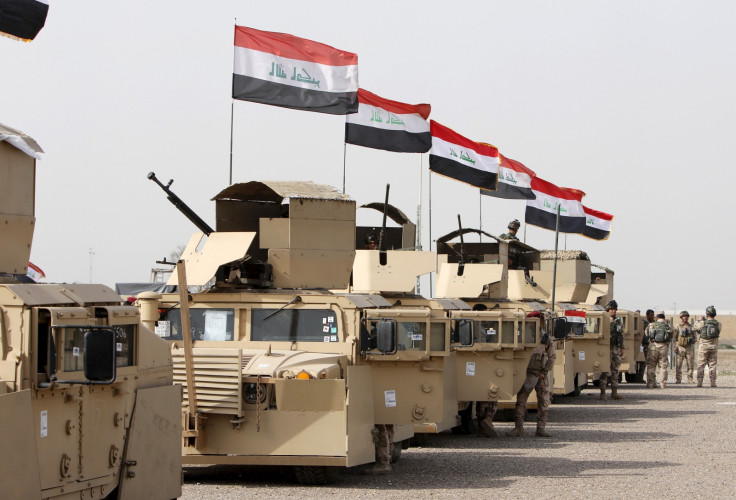Defence ministers meeting in Washington to discuss campaign against Isis
The meeting will also grapple with the refugee fallout of the conflict.
The US is hosting a two-day high-level meeting of defence and foreign ministers from across the world, who are core partners in its military operations, to discuss the ongoing campaign against Islamic State (Isis) militants.
Ministers from 34 nations and Nato members have been invited for the talks at the Joint Base Andrews outside Washington from 20 July to 21. While defence ministers will be present on the first day, foreign ministers will take part in a joint session the next day.
The ministers are expected to step up their efforts in the war-torn areas of the Middle East with the main focus on the jihadists' bastion of Mosul in Iraq.
During the summit, the ministers are likely to come up with a plan detailing the humanitarian response and security arrangements for local Iraqis and for the nearly 2.4 million people displaced because of conflicts. The UN has also announced the launch of a relief operation this year, which would apparently be the largest so far, aimed at providing succour to those in dire need.
The meeting is also expected to address issues concerning short-term stabilisation of Mosul and local governance.
"There is logic in moving as quickly as possible, but there is a danger that if the humanitarian response is not as prepared... then we could have a humanitarian catastrophe and possible problems with political management of Mosul after its liberation," a senior Iraqi diplomat told Reuters news agency on the condition of anonymity.
A bigger problem facing the region is the refugee crisis as the vast majority of the expected displaced persons will be from Sunni branch of Islam who have allegedly been treated badly by the Iraqi government led by a Shia leader.
"Unless underpinning an offensive on Mosul are real political settlements between the Sunnis and the Shia, we think it's only a matter of time before it unravels again," Reuters quoted a source from the Kurdish Regional Security Council.
It is believed that Iraqi Prime Minister Haider al-Abadi intends to appoint a military governor for Mosul once the country drives out the IS militants. However, a US defence official is reported to be sceptical about the Iraqi military's ability to retake the city without "prolonged and substantial help" from Kurdish security forces and Shia militias. Failure to do so could complicate matters after the conflict, he told the news agency, who also wanted to maintain anonymity.
"ISIL [Isis] will lose regardless of who goes in. What's important isn't a military defeat; what's important is the Iraqi government's ability to embrace post-ISIL [Isis] management issues, one of which is the Sunni grievances in and around Mosul. They've got to address that before the offensive," the Kurdish security source said.
It is reported that al-Abadi wants the US-backed campaign to begin the Mosul offensive against the jihadists by October. Earlier in June, the city of Fallujah was seized by the military from IS.

© Copyright IBTimes 2024. All rights reserved.





